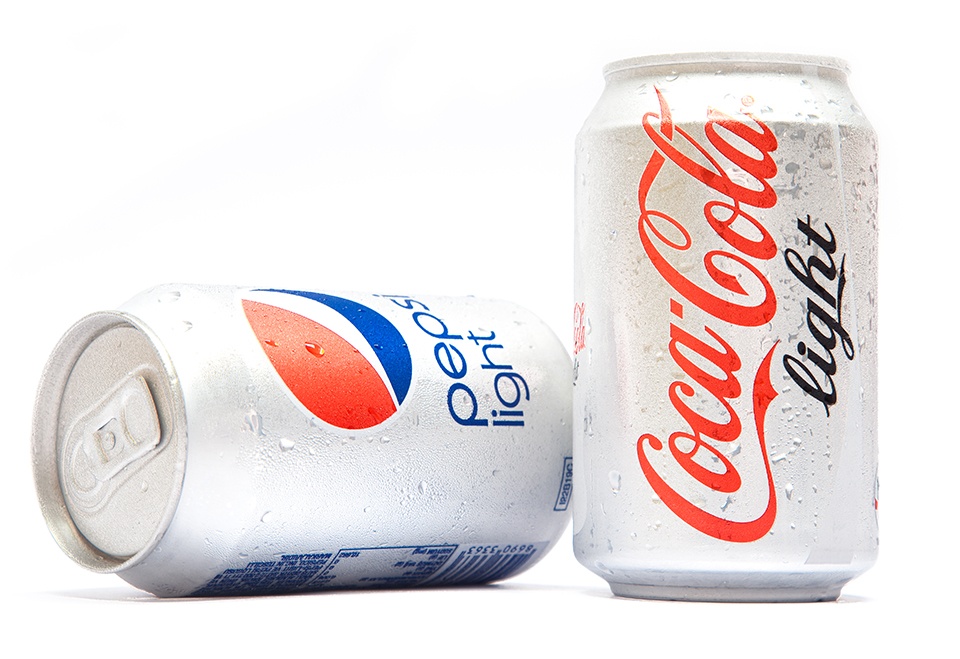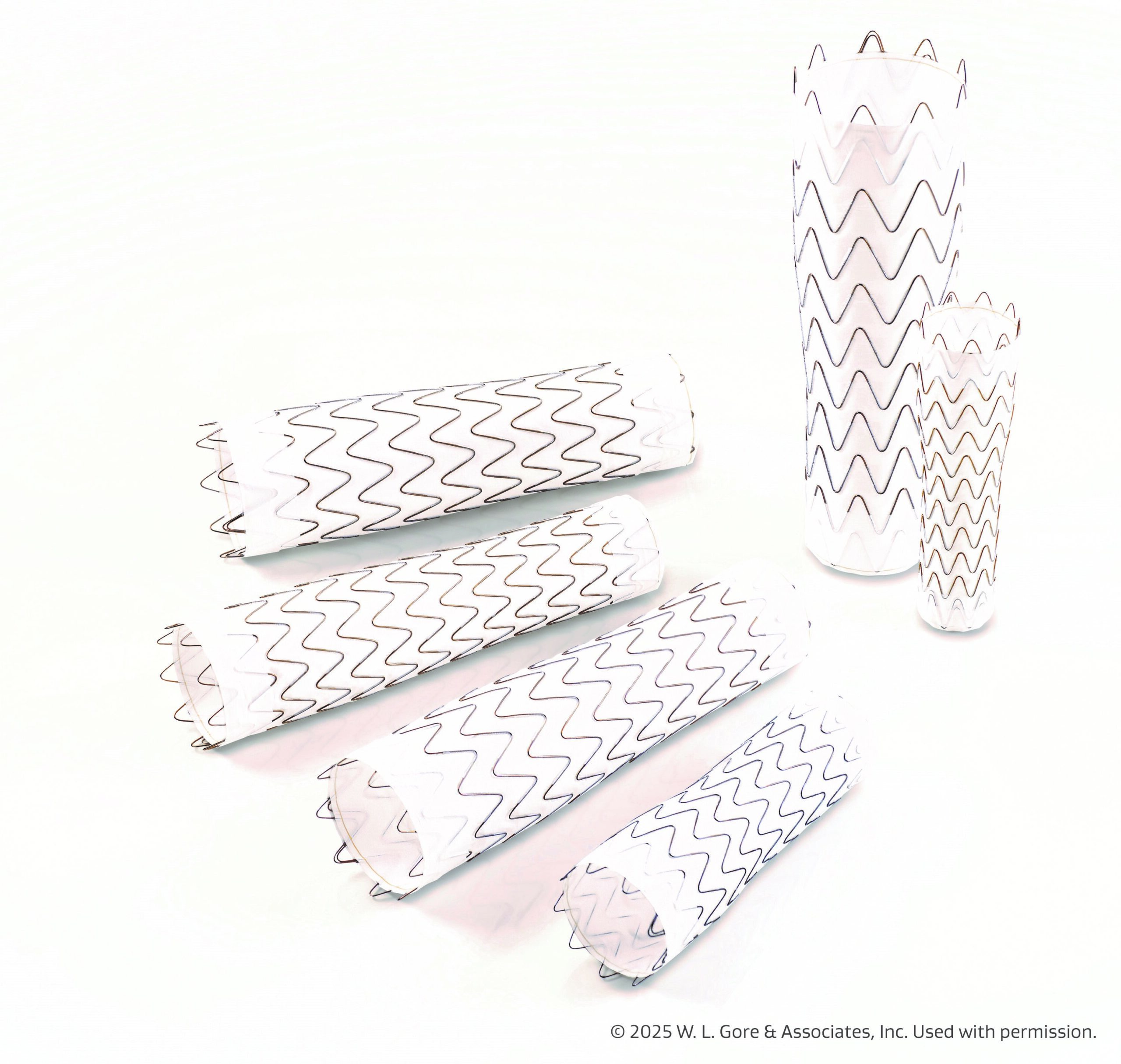
Drinking several diet drinks per day was associated with an increased risk for stroke, according to a new study published in Stroke.
According to an American Heart Association (AHA) news release about the study, it was “one of the first studies to look at the association between drinking artificially sweetened beverages and the risk of specific types of stroke in a large, racially diverse group of postmenopausal women.” The analytic study cohort consisted of 81,714 women from the Women’s Health Initiative Observational Study (which included more than 93,000 postmenopausal women between 50 and 79 years of age. Mean follow-up time was 11.9 years. Most of the participants, according to the study abstract, were infrequent consumers of artificially sweetened beverages (never or less than one per week), and just 5.1% of the participants consumed 2 or more of these beverages daily.
Artificially Sweetened Beverages and #Stroke, Coronary Heart Disease, and All-Cause Mortality in the Women’s Health Initiative @EinsteinMed https://t.co/0jce63Nv4B
Also, check out the editorial "Artificial Sweeteners, Real Risks" https://t.co/7WHqxhcHxI pic.twitter.com/absxDP3wDZ— Stroke AHA/ASA (@StrokeAHA_ASA) February 14, 2019
Daily Consumption Carries Risk
According to the study results, women who consumed 2 or more artificially sweetened beverages per day were 23% more likely to have a stroke, 31% more likely to have an ischemic stroke, 29% more likely to develop coronary heart disease (fatal and nonfatal myocardial infarction) and were 16% more likely to experience all-cause mortality. In women with no history of cardiovascular disease or diabetes, higher consumption of artificially sweetened beverages was associated with a two-fold increase in the risk for small artery occlusion, and the high consumption of these beverages was also linked with an increased risk for ischemic stroke in women with a body mass index of 30 or more.
“Many well-meaning people, especially those who are overweight or obese, drink low-calorie sweetened drinks to cut calories in their diet,” lead author Yasmin Mossavar-Rahmani, PhD, associate professor of clinical epidemiology and population health at the Albert Einstein College of Medicine in New York, said in a press release. “Our research and other observational studies have shown that artificially sweetened beverages may not be harmless and high consumption is associated with a higher risk of stroke and heart disease.”
No more #dietcoke
Artificially Sweetened Beverages and Stroke, Coronary Heart Disease, and All-Cause Mortality in the Women’s Health Initiative | Stroke https://t.co/7Df3DCBaCs
— joansull (@joansull) February 14, 2019
On this 😍🥰❤️sweet day❤️🥰😍 watch out for artificial sweeteners! Higher intake of artificially sweetened beverages🥛 has been shown to be associated with increased risk of stroke, coronary heart disease and all-cause mortality in US women. #biom4180https://t.co/6KEW1S3VeK
— Sabrina Lee (@slee36cardio) February 14, 2019
Causal Link Needed
The researchers were careful to note that the data were insufficient to suggest a causal relationship, and that more research was needed.
“Unfortunately, current research simply does not provide enough evidence to distinguish between the effects of different low-calorie sweeteners on heart and brain health,” Rachel K. Johnson, PhD, RD, professor of nutrition emeritus, University of Vermont and the chair of the writing group for the AHA’s science advisory, Low-Calorie Sweetened Beverages and Cardiometabolic Health, said in the AHA’s release on the study. “Since long-term clinical trial data are not available on the effects of low-calorie sweetened drinks and cardiovascular health, given their lack of nutritional value, it may be prudent to limit their prolonged use.”
Effects of diet drinks are worth exploring, but are selection effects into drinking diet ever possible to control/account for in an observational study? it's briefly mentioned in limitations but surely deserves more discussion. https://t.co/pdBU8xqFaI
— Beth Boettner (@bethboett) February 14, 2019
Artificially Sweetened Drinks, like #diet #soda, might be linked to #Stroke & #heartdisease (#CAD), according to a new Stroke Journal study.
Read: https://t.co/hyKQxubacQ
Source: Strokehttps://t.co/Sd8HECMxVf pic.twitter.com/0WqRnNp6SM— Antonio Flores, MD. (@drflorestweets) February 14, 2019
Source: Stroke







 © 2025 Mashup Media, LLC, a Formedics Property. All Rights Reserved.
© 2025 Mashup Media, LLC, a Formedics Property. All Rights Reserved.